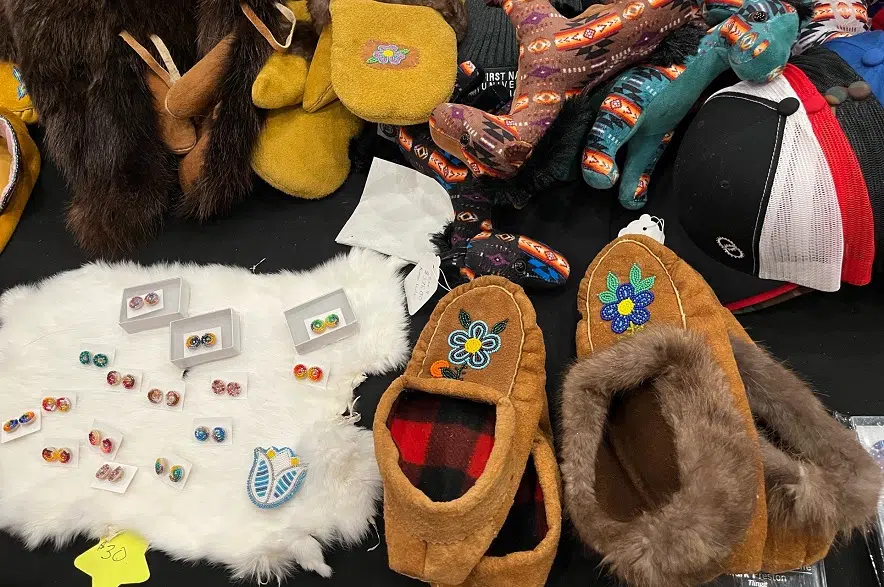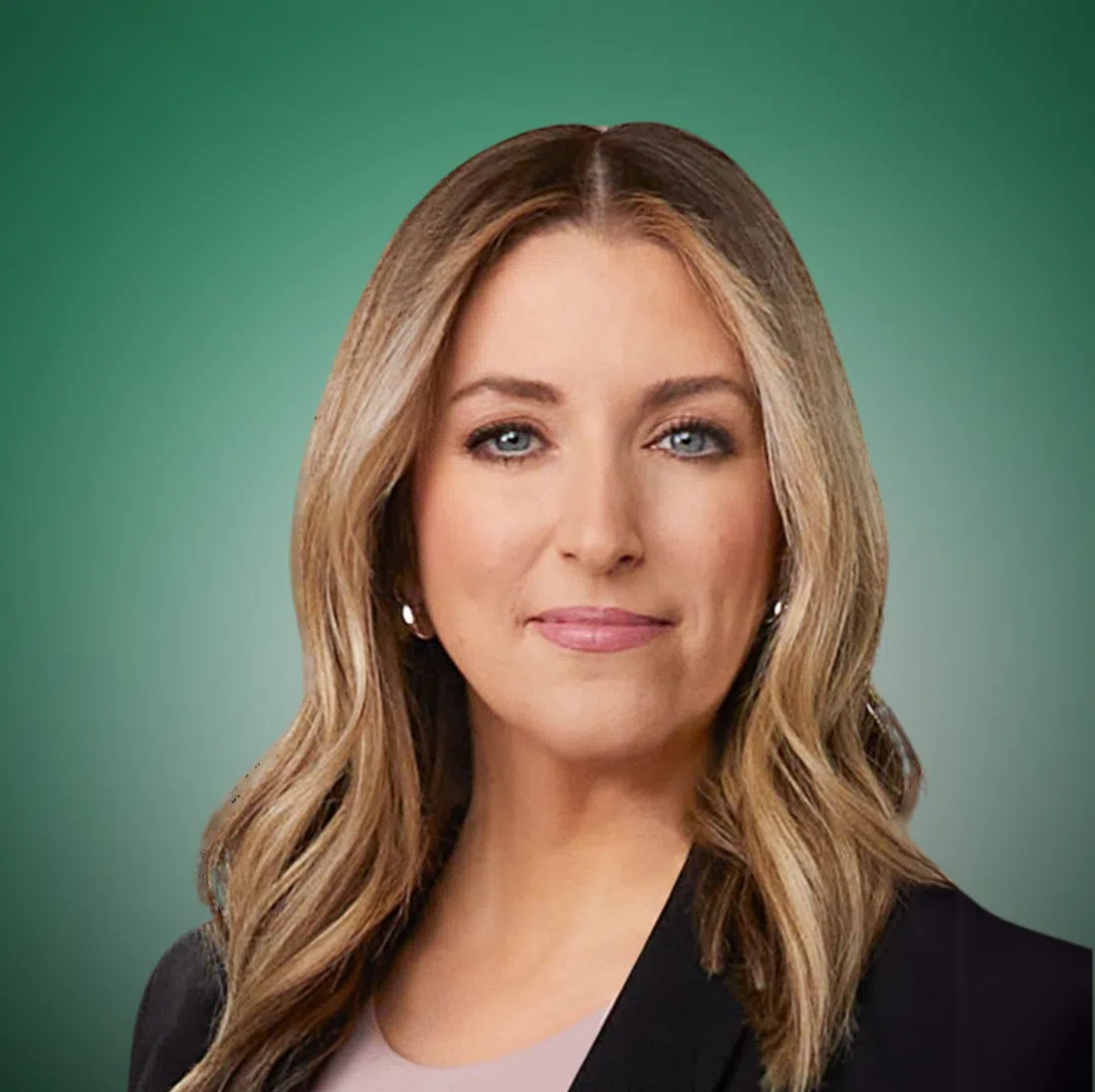The Wîcihitowin Indigenous Engagement Conference was held Monday and Tuesday for the eighth and final time.
The event, held at TCU Place, was held to help teach the Saskatoon community about representation and inclusiveness for Indigenous peoples within the community, and taking steps towards truth and reconciliation. The sold-out event’s theme for the year was “Bearing Witness.”
Roy Lavallee, co-chair for the Wîcihitowin Committee, said the conference included teachings from professionals, residential school survivors and elders from around the province who relayed a message that was all about putting reconciliation into action.
On Tuesday the conference featured a survivors circle, comprised of 12 different residential school survivors who shared their personal stories and experiences.
Lavallee said the survivors circle’s purpose was to provide “an idea on why we’re doing this work, why this matters (and) why the next generations have to ensure that this doesn’t happen again.”
The conference also showcased local Indigenous vendors, artisans and craftspeople from around Saskatchewan, who were selling a variety of artwork, clothing, and medicines. Lavallee noted the importance of the community being aware of the Indigenous entrepreneurship in the city.
Dr. Marie Wilson, a former commissioner for the Truth and Reconciliation Commission, was a speaker on Tuesday. She delivered a presentation entitled “Bearing Witness: Not a Spectator Sport.” Wilson said she was honoured to attend the conference, and it has left her feeling hopeful for the future.
Wilson said it is important for people to know the Truth and Reconciliation Commission only wrapped up in 2015, and that the 94 calls to action produced by the commission are still in the early stages of being implemented. Despite the progress that’s been made, Wilson said there’s still work to be done.
“There’s still a lot of systemic change that has to happen,” she said. “We all have a responsibility to ask ourselves, ‘What can I do to contribute to the big remedy and the ongoing work of reconciliation?'”
On Tuesday, Chief Cadmus Delorme of Cowessess First Nation was the highlighted speaker, giving a presentation on the past and future of reconciliation.
“(Delorme is) definitely somebody that is leading reconciliation in his own right in Saskatchewan,” Lavallee said. “He’s one of a growing cadre of a new generation of young leaders across the country who are saying ‘This work is ours to continue.'”
2022 marked the final year for the Wîcihitowin Indigenous Engagement Conference, and this year also boasted the highest attendance numbers in the conference’s history. There were 800 in-person attendees, and 400 more took in the conference virtually.
Lavallee said since the conference’s beginning in 2014, he’s seen major movement towards reconciliation in the community. He said the conference was originally meant to run for four years, but was extended for another four after the organizers realized how much work there was still to be done.
Although the conference is ending, Lavallee said he feels the community is now better equipped with the teachings necessary to move forward with reconciliation.
Lavallee said reconciliation will still take time and effort, but the future looks hopeful. He said he is looking forward to seeing how the work that’s been started will continue over the next several years, and for generations to come.











